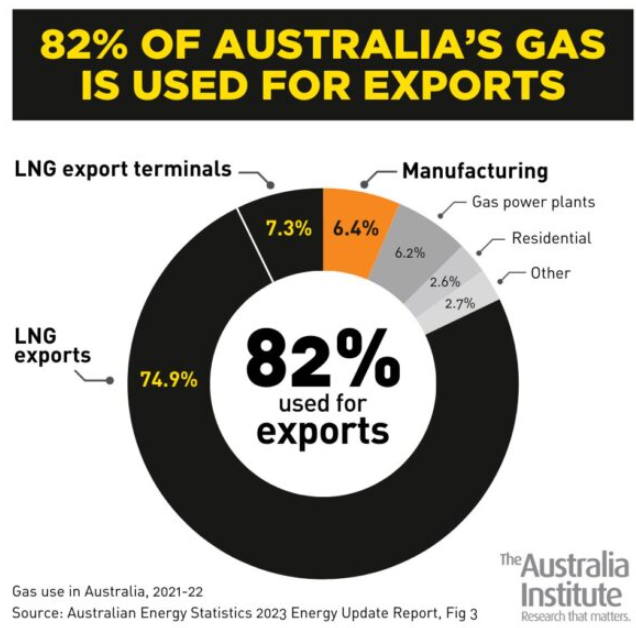The Australian’s Judith Sloan has labelled the Albanese government’s Future Made in Australia (FMIA) legislation an act of crony capitalism and a charade.
Treasurer Jim Chalmers contends the rationale for the FMIA is about the “global economy being transformed by the net-zero opportunity”.
However, Sloan argues that the latest developments in this area should give him cause for concern.
The Canadian opposition is likely to win the next election and has committed to revoking Canada’s carbon tax. Moreover, if Donald Trump wins the next US presidential election, he is likely to withdraw from the Paris climate agreement.
“The truth is that we have high labour and energy costs, our electricity system is becoming unreliable and our resources are hardly unique”, Sloan says.
“The only bit of good news with the FMIA scheme is the expected outlay is just under $23bn across 10 years. By the standards of government programs, this looks relatively modest”…
“But the real damage is the message that it sends to investors: don’t bother seeking out profitable opportunities that can meet customers’ needs as well as make money; head for Canberra to seek handouts”, she said.
The reality is that Australia has no manufacturing future without cheap and abundant energy.
Given its enormous natural endowment of gas, Australia should have the cheapest energy in the world. But instead, through policy failure, we actually have some of the most expensive energy in the world, despite being one of the largest exporters.

Australians on the East Coast are paying four to six times what Americans pay for their gas. Why? Because, unlike every other gas exporter in the world, we don’t have a domestic reservation policy.
This rampant energy inflation is driving up our cost of living as well as sending our manufacturers broke.
In recent months, we have seen multiple manufacturers either go broke or warn that they are going to exit Australia.
Qenos, Australia’s last plastics manufacturer; Orica, the explosives manufacturer; Nestle; and PepsiCo have all recently warned that Australia’s energy costs are far too high and that they are either going to exit Australia or have already exited Australia (in the case of Qenos).
Instead of spending billions of dollars of our money to band-aid over its own policy failures, the federal government must fix the East Coast gas market via domestic reservation and export levies and deliver cheap gas and electricity prices.
Then our manufacturers can actually survive.
Otherwise, the only manufacturers that will remain will be those living off the taxpayer’s teat.

